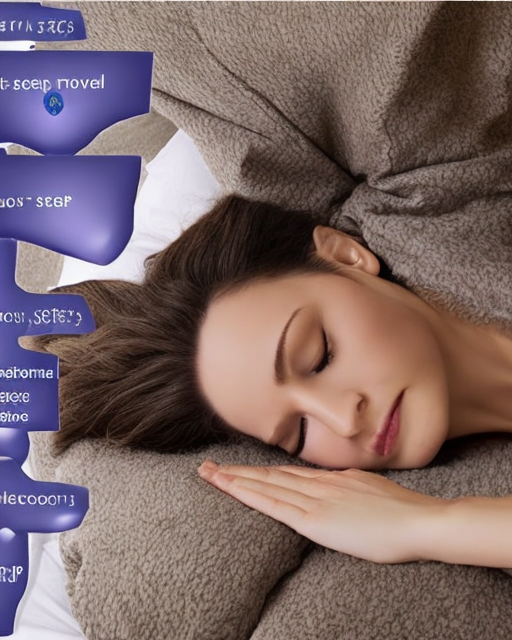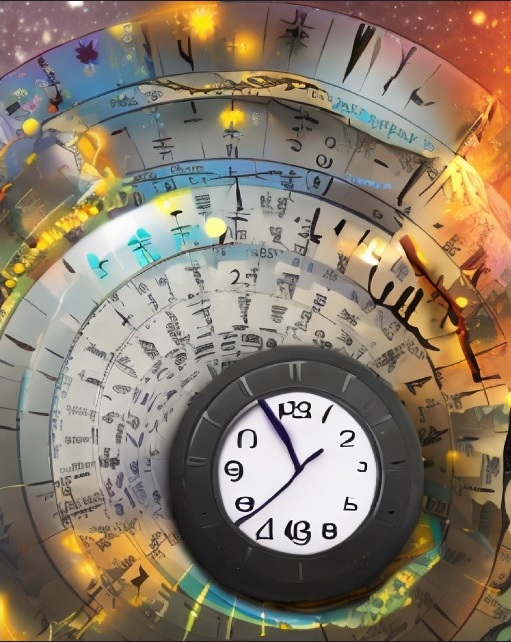In a previous post we spoke about some of the daytime symptoms of insomnia. This can include difficulties with memory. It is known that sleep is essential for many physiological processes, including memory formation and consolidation1.
In this article we’ll be covering a brief overview of memory, memory consolidation as well as how this could be affected by insomnia.
Overview of memory – STM & LTM
We have different types of memory. This includes short-term memory (STM), which involves the retention of pieces of information, (known as “memory chunks”) for short periods of time, usually up to 30 seconds.
In contrast to short-term memory, long-term memory (LTM) enables us to hold information for much longer periods of time. Short-term memory and long-term memory are distinguished based upon their storage capacity and duration.
The capacity of STM is limited with the amount of information that it can hold, and the duration of time it can maintain it. LTM is quite different because it has the capacity to maintain memories that last for years.
LTM is further subdivided into declarative memory and procedural memory.
Declarative memory refers to the storage of factual information.
Procedural memory enables a person to remember how to perform certain skills such as riding a bike, driving a car, or how to play a musical instrument.
The 3 memory sub-processes
There are 3 major sub-processes of memory. They are:
- Encoding
- Consolidation
- Retrieval
Memory consolidation is a process where a temporary memory is transformed into a more stable long-lasting form. Consolidation of memory takes place during sleep3.

In which stages of sleep does memory consolidation occur?
There are different stages of sleep and this includes REM sleep when we dream, and non-REM sleep.
REM sleep and memory
It is believed that REM sleep contributes to memory consolidation. This is based on various animal studies which have shown that deprivation of REM sleep impaired memory formation for complex tasks, whereas long-term memory for simple tasks were less affected3. Also, elevated periods of REM sleep occurred 4-6 days after learning.
The results of human studies investigating a role of REM sleep in memory processing is less consistent3. For example, there has been a study where antidepressants were used to suppress REM sleep, and this did not impair the consolidation of skill-memory formation4. The authors of this study did state that their findings cannot be taken to completely exclude any contribution of REM sleep to memory. It is possible that REM sleep may be beneficial for the consolidation of procedural memory, although the exact biological mechanism for this is so far unknown.

NREM sleep and memory
An alternative view is the dual process hypothesis, which proposes that different stages of sleep serve to consolidate different types of memories. For example, slow-wave sleep (N3) is believed to be important for the formation of declarative memories5.
Another possibility is explored by the sequential hypothesis. This suggests that memory formation is dependent on the cyclic succession of slow-wave sleep (N3) and REM sleep, and there is a human study to support this theory6.
How can insomnia and sleep deprivation affect memory?
The diagnostic criteria for insomnia refers to daytime functional impairment. This includes a broad range of daytime symptoms arising from insomnia, including impaired memory.
Evidence of memory impairment in people with insomnia has been demonstrated in research. For example, the results of neuropsychological tests carried out in a study from 2014 found clinically significant changes in attention and episodic memory in people with insomnia7. Another study has found that older adults with insomnia displayed impaired performance on cognitive capacity testing compared to older adults without insomnia. This particular study found differences between insomnia and good sleepers on memory span, as well as other cognitive functions8.
Not all individuals with insomnia develop difficulties with their memory. An interesting study found that older adults with insomnia did not display any objective impairments in their working memory compared to good sleepers9.
Conclusion
For many people, insomnia can have a negative impact on memory. This can have serious implications for a person’s quality of life, their confidence, and their academic and professional performance.
There is growing evidence to suggest a potential link between poor sleep and cognitive function10. The good news is that insomnia is a condition that can be treated.
The treatment of insomnia with CBT-i, (cognitive behavioural therapy for insomnia) has been shown to lead to a significant improvement in a range of cognitive domains including attention, executive functioning and memory11.

References:
1. Jawabri KH, Raja A. Physiology, Sleep Patterns. [Updated 2022 May 8]. In: StatPearls [Internet]. Treasure Island (FL): StatPearls Publishing; 2022 Jan-. Available from: https://www.ncbi.nlm.nih.gov/books/NBK551680/
2. Cascella M, Al Khalili Y. Short Term Memory Impairment. [Updated 2022 Jul 21]. In: StatPearls [Internet]. Treasure Island (FL): StatPearls Publishing; 2022 Jan-. Available from: https://www.ncbi.nlm.nih.gov/books/NBK545136/
3. Rasch B, Born J. About sleep’s role in memory. Physiol Rev. 2013 Apr;93(2):681-766. doi: 10.1152/physrev.00032.2012. PMID: 23589831; PMCID: PMC3768102.
4. Rasch B, Pommer J, Diekelmann S, Born J. Pharmacological REM sleep suppression paradoxically improves rather than impairs skill memory. Nat Neurosci. 2009 Apr;12(4):396-7. doi: 10.1038/nn.2206. Epub 2008 Oct 5. PMID: 18836440.
5. Gais S, Born J. Declarative memory consolidation: mechanisms acting during human sleep. Learn Mem. 2004 Nov-Dec;11(6):679-85. doi: 10.1101/lm.80504. PMID: 15576885; PMCID: PMC534696.
6. Stickgold R, Whidbee D, Schirmer B, Patel V, Hobson JA. Visual discrimination task improvement: A multi-step process occurring during sleep. J Cogn Neurosci. 2000 Mar;12(2):246-54. doi: 10.1162/089892900562075. PMID: 10771409.
7. Fortier-Brochu E, Morin CM. Cognitive impairment in individuals with insomnia: clinical significance and correlates. Sleep. 2014 Nov 1;37(11):1787-98. doi: 10.5665/sleep.4172. PMID: 25364074; PMCID: PMC4196062.
8. Haimov I, Hanuka E, Horowitz Y. Chronic insomnia and cognitive functioning among older adults. Behav Sleep Med. 2008;6(1):32-54. doi: 10.1080/15402000701796080. PMID: 18412036.
9. Lovato N, Lack L, Wright H, Cant M, Humphreys J. Working memory performance of older adults with insomnia. J Sleep Res. 2013 Jun;22(3):251-7. doi: 10.1111/jsr.12010. Epub 2012 Nov 21. PMID: 23171327.
10. Yaffe K, Falvey CM, Hoang T. Connections between sleep and cognition in older adults. Lancet Neurol. 2014 Oct;13(10):1017-28. doi: 10.1016/S1474-4422(14)70172-3. PMID: 25231524.
11. Roniger DDG, Lechuga YA, León EE, Robles ROG, Escandón ÓS, Pérez GJT, Moctezuma JV. Cognitive behavioral therapy for insomnia helps to reverse cognitive impairment in insomnia patients. Sleep Sci. 2022 Apr-Jun;15(Spec 2):355-360. doi: 10.5935/1984-0063.20210026. PMID: 35371411; PMCID: PMC8906373.










